Paris conference leaves unanswered questions on Libya
Updated: 2011-09-02 13:52
(Xinhua)
|
|||||||||||
PARIS - The Paris conference on Libya's future without Muammar Gadhafi on Thursday welcomed political transition plans presented by the country's rebels, who promised "a new, democratic and pluralistic" government for all.
Yet more prudent voice say uncertainties and and a host of challenges are still hanging over the oil-rich country.
A west-dominated meeting
"Libya's future is for Libyan people to decide and determine," United Nations Secretary General Ban Ki-moon told a news press conference that followed the half-day meeting.
At the request of Libya's rebel National Transition Council (NTC), participants agreed on the UN's leading role in helping the council advance the political transition. A civilian mission will be deployed to Libya after the UN Security Council reaches a mandate, Ban added.
According to Ban, the Libyan rebels presented to the Paris meeting all the urgencies and priorities, ranging from transition justice, human rights, policing to helping prepare elections, institution building and constitution drafting.
Ban said humanitarian challenges are the most immediate ones in need of international attention, which is different from the focus of NATO allies.
France and Britain, advocates of military means to oust Gadhafi, emphasized the importance of a continuing NATO presence to protect Libyans. The United States urged the right use of unfrozen Libyan assets and warned against extremism and terrorism.
"In fact, the international community will be watching and supporting Libyan leaders as they keep their commitments to conduct an inclusive transition..." US Secretary of State Hillary Clinton said in a separate conference at the US embassy.
The top US diplomat even added requirements on future Libyan constitution, saying equal rights for women and men should be included.
"I think this conference is very bad sign, because starting a process of state building by an international conference dominated by western powers...will probably be even more difficult to establish a consensual plan and make it accepted by the population," Bertrand Badie, an expert on international relations, told Xinhua.
Who will rule new Libya?
An unnamed French official admitted ahead of the Paris conference that "there is a risk that the transition will fail."
Noting the military operation is coming to a close, the contact group on Libya is eager to be relevant in Libya's new era. However, many questions key to peaceful and democratic transition remain unanswered.
"The rebels are probably very diverse and pluralistic, even made up of very contradictory political currents...the big question is who will win in this coalition and how will those winners impose their will on those who have been defeated," said Badie.
Hillary's warning also reflected similar concern even though top NTC leaders in Paris promised "all assets will be managed on behalf of the Libyan people in an accountable and transparent manner."
"At this stage, we're not asking anyone whether they're extremist or not," said Fathi Ben Shatwan, former Libyan energy minister at a debate shown on French television channel France 24.
"It's much easier to overthrow a dictatorship than to establish a new regime," Badie noted, recalling the chaos to date in Iraq after the downfall of Saddam Hussein eight years ago.
Badie also said "Libya was under dictatorship and the opposition was poorly organized, irregular...divided by ethnic and tribal groups," adding that he worried about how they can create a new regime in a short period of time.
As the NTC leadership will soon move to Tripoli, the security management in the capital has sparked arguments among tribes controlling the former stronghold of Gadhafi.
Nevertheless, the embattled Gadhafi, whose whereabouts remain unknown, voiced continued resistance just as the Paris conference was going on.
"Let this be a long fight and let Libya be engulfed in flames," the hiding Libyan strongman said in an audio message broadcast on Syria's Al-Rrai TV channel.
Gadhafi at large is "definitely a destabilizing factor. We need to find him," said Waheed Burshan, a NTC member in the France 24 show.
Rebel forces halted the all-out attack near Sirte, Gadhafi's hometown and the last stronghold of pro-Gadhafi forces, with a surrender ultimatum pending on September 10. But Gadhafi's vow to make Sirte a new Libyan capital is likely to trigger more violence and conflicts.
Living under foreign influence
According to Libyan rebel leader Mahmoud Jibril, a national conference involving the broadest representatives of Libyans will draft a new constitution and form a provisional government. It will also supervise the subsequent general and presidential elections.
The elections are expected to take place within four months after the draft constitution is adopted by a referendum.
It will be a long process with possible further violence and chaos, like the situation in Egypt and Tunis. However, unlike Egypt and Tunisia, NATO has the right to intervene in Libya under UN resolutions once civilians are threatened by violence.
The influence of foreign powers on the new regime remains difficult to judge. Western powers, the Arab League and African Union all attached great importance to the country for its resources and geographic importance, Badie said.
Unhappy with Western nations' aggressiveness on the Libya issue, South African President Jacob Zuma boycotted the Paris conference though he has been actively involved in mediating a political solution to the Libyan civil war. So far, almost half of the African Union members refuse to recognize NTC's legitimacy.
Urging a defreeze of Libya's assets, Western powers, notably Britain and France, are suspected to have signed furtive deals to secure part of Libya's rich oil resources. French daily Liberation said the NTC has signed a deal with France promising to more than a third of Libya's oil for French companies in exchange for support.
French Foreign Minister Alain Juppe said he was not aware of the deal, yet added the NTC agreed to offer some preferential rights to countries supporting its revolution.
Besides Westerns powers, Qatar, the wealthy tiny Gulf monarchy that have participated in the NATO operation, and Algeria, Libya's neighbor sheltering Gadhafi's family members, also seek to promote their own interests in Libya's transition.
"Libya is a transit point for immigration and also an oil country, therefore it is a country of great interest to both the international community and the regional communities. How all these countries will be able to agree in a positive role in Libya, we do not know," Badie said.
Related Stories
Leaders gather for Libya summit 2011-09-02 07:16
Gadhafi urges long war against rebels: TV 2011-09-02 06:41
Gadhafi's son vows continued resistance 2011-09-01 09:33
Gadhafi attempts to enter Algeria: report 2011-09-01 06:22
Hot Topics
Libya conflict, Gaddafi, Oil spill, Palace Museum scandal, Inflation, Japan's new PM, Trapped miners, Mooncake tax, Weekly photos, Hurricane Irene
Editor's Picks
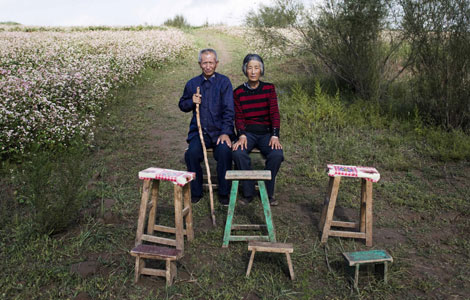
|
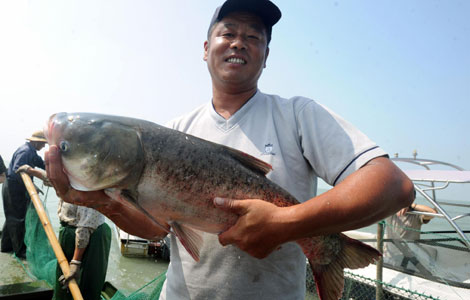
|
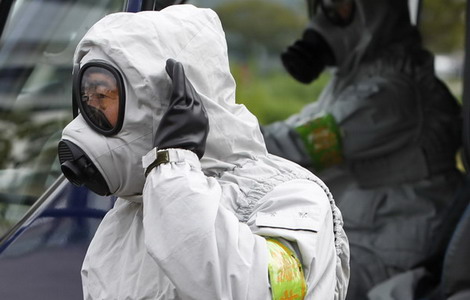
|
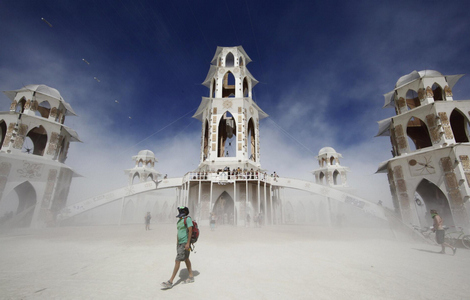
|
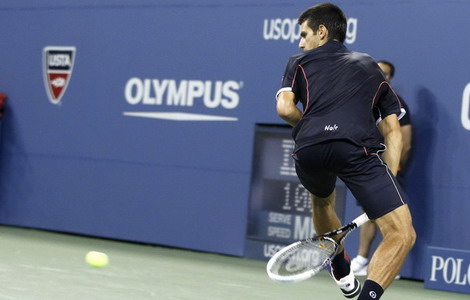
|

|







